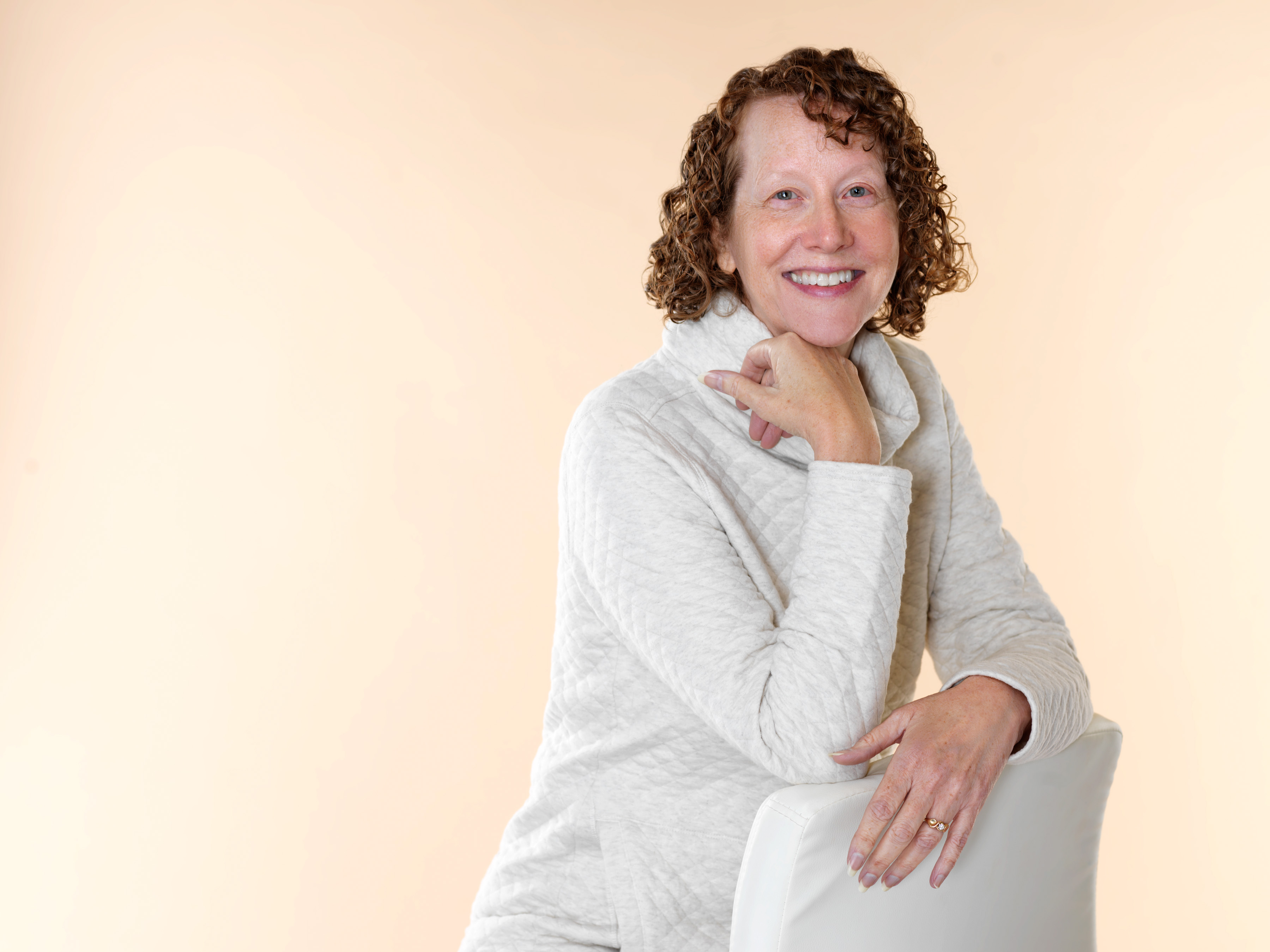A real story of suicide postvention in healthcare
Allison* reached out for coaching and counseling when she found she was having difficulty focusing. She described intrusive thoughts interfering with her visits with patients, procedures and even interactions with her children. Recognizing these thoughts as rumination, she wanted them to stop. Experiencing anxiety and insomnia for the first time in her life, it was affecting her joy at work and at home. She was a great doctor and held her own with documentation and obligations at work. She didn’t think that anyone else recognized that she was in pain.
She realized that her world was turned upside down when a mentor and colleague died by suicide three months earlier. She couldn’t grapple with how much pain they must have been in and that she hadn’t been able to help. She had no idea they were suffering. Like her, they didn’t reach out to colleagues for support. Allison now recognized these feelings as grief, and knew she needed help.
Perspectives from Peer Coaching
In her peer coaching sessions, Allison and her peer coach, Dr. Ellison, explored the normal grief response and discussed the side effects of anxiety and insomnia that occur because of rumination. When someone is grieving, they are typically dealing with intense and complex emotions due to the loss of a loved one or another significant life event. These emotions can lead to increased rumination manifesting in emotional overload (unable to stop feeling sad, angry, guilt or regret) or a loss of control (thinking through “what if” or “if only” scenarios).
With a newfound understanding of how focused, mindful practices could help her spend less time ruminating and more time on activities that brought her joy, she gradually was rid of her anxiety and insomnia. It didn’t happen overnight, but she knew Dr. Ellison was there to help her work through them. These were new habits to build, and her coach helped her to be accountable in expanding upon these practices.
Her world had changed because of this colleague and mentor's death. She had a new perspective on her permanence and explored with her coach how she might grow from this experience. This loss left a gap in the practice in an area in which Allison had shown great interest. In fact, it was the reason she had chosen her colleague as a mentor and after their death she was initially lost as to how she could pursue this area with them gone.
Allison was torn. Although she originally thought her career path would include pursuing that area, she now thought about the barriers and stigma that existed that prevented her mentor from receiving help. She was grateful for the insights she received from her Peer Coach and now wondered about breaking down the stigma that resulted in physicians not seeking help when they’re in pain. Allison saw her fellow physicians maintain an obligation to be strong in all aspects of their lives. They kept others out and kept themselves isolated to maintain the facade of strength.This was a tendency she recognized in herself and imagined was present in her lost mentor.
Dr. Ellison worked with Allison to explore her values and helped her imagine how each value would be satisfied if she explored this area of practice her mentor had been teeing her up for versus working to change the culture present in her practice that prevented authentic connection between colleagues.
Allison’s journey
Allison evaluated the options and couldn’t ignore the culture shift that was needed. She knew there were countless organizational and systemic barriers in place that she couldn’t dismantle alone. She opted to pursue a fellowship to fill the gap in the practice left by her mentor. She felt that her strengths could shine and she would build confidence through new responsibilities. Allison found room to play an active role with her team’s culture by sharing her story of struggle and modeling being open about her own journey to trauma and grief recovery. She also encouraged others to start sessions with their own Peer Coach, to tackle everything from trauma to leadership development.
Your Physician Well-Being Resources from VITAL WorkLife can provide you with a similar experience with your own Peer Coach. Learn how together, you can respect what you have gone through, celebrate your strengths and values and discover how to thrive going forward. Dr. Ellison is one of VITAL WorkLife’s Physician Peer Coaches who has been helping individuals and teams recover after COVID and other traumas, like suicide.
Reach out to VITAL WorkLife today and learn how together we can respect what we have gone through, celebrate your strengths and values and discover how to thrive going forward.


